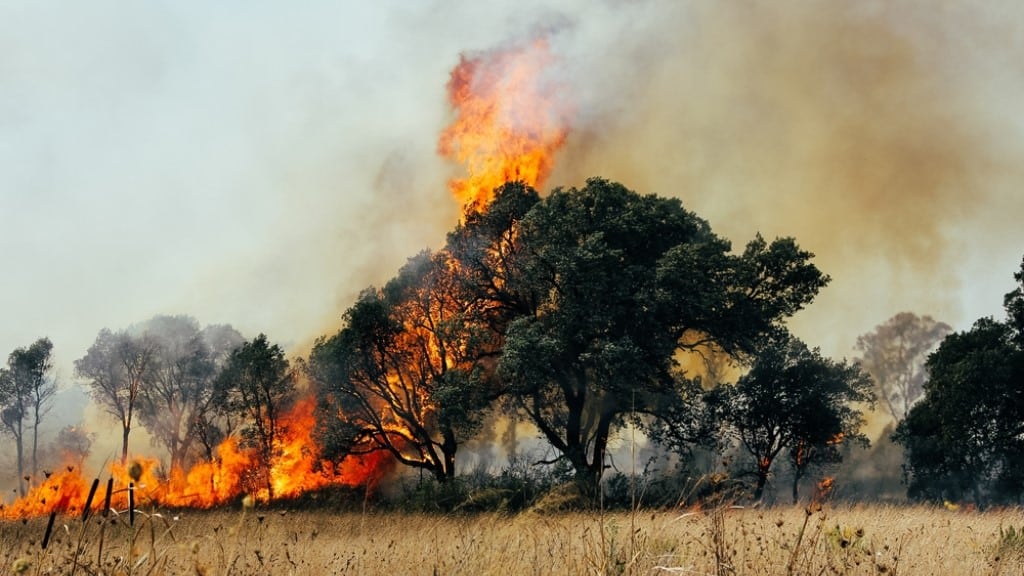From Paradise to Maui wildfires: understanding the challenges and seeking solutions
- August 25, 2023
- 8:00 am


Iain Hoey
Share this content
In a recent comment article for the Western Fire Chiefs Association (WFCA), Mark Niemeyer, President of the Boise Fire Department, shared his observations on the devastating wildfires in Maui in light of the 2018 Camp Fire in Paradise, California.
Drawing comparisons and contrasts between the two incidents, Niemeyer offers insight into the challenges faced and the resilience of both communities.
Read the original commentary here.
Paradise and Maui: a tale of two fires
As Niemeyer recounted: “As I watched the tragic wildfires unfold on Maui, I reflected on the 2018 Camp Fire that swept through Paradise, California.”
Both incidents were characterised by significant loss of life and property, coupled with a strong sense of community spirit and resilience.
The Camp Fire rapidly mobilised a vast amount of emergency resources.
In contrast, Maui’s geographical limitations posed challenges in accessing resources, emphasising the importance of holistic initiatives to mitigate losses in Urban Interface fires.
Both fires broke out in densely populated areas, fuelled by dry conditions and extreme winds, and were exacerbated by limited access routes.
Niemeyer states that: “Utility/communications infrastructure damage prevented notifications, resulting in an urban conflagration and record-setting loss of life and property.”
Addressing the challenges: the role of technology and preparedness
It’s vital to understand that sometimes incidents can surpass the capacity of even the best-equipped responders.
Niemeyer observes, “In both Paradise and Maui, the public had some of the most capable, well-trained and well-equipped first responders.”
However, sometimes, circumstances escalate beyond manageable levels. This was evident when residents were caught off-guard due to compromised communication infrastructures.
To enhance wildfire public safety, Niemeyer listed several technological advancements led by WFCA and other first responders.
These include planning, applied sciences centres, detection tools, alerts, and more.
He stressed the significance of technology in improving situational awareness during extreme emergency incidents.
Looking forward: the importance of resilience and policy
The aftermath of these tragedies calls for a contemplation on resource allocation and the extent of preparedness, response, and recovery efforts required.
Niemeyer emphasises: “The bottom line is we – including the public, government entities, and non-government organisations – need to be prepared for the anticipated and unforeseen emergency incidents.”
Acknowledging that some emergencies might be beyond control, Niemeyer urges that resilience be built into both public and private spheres.
IFSJ Comment
The ongoing challenges posed by wildfires, as seen in both Paradise and Maui, underline the necessity for robust, adaptive, and technologically advanced responses.
Mark Niemeyer’s reflection on these incidents offers vital insights into understanding the scope of such emergencies and the steps required to tackle them effectively.
It also sheds light on the interplay of various factors, including geographical constraints, community resilience, and technological advancements in formulating effective disaster management strategies.
About Western Fire Chiefs Association (WFCA)
The Western Fire Chiefs Association is dedicated to promoting leadership and addressing the unique needs and challenges faced by fire chiefs across the region.
Committed to advancing public safety through collaboration, knowledge-sharing, and advocacy, WFCA continually endeavours to optimise the firefighting domain by providing resources, training, and a platform for dialogue among its members.

